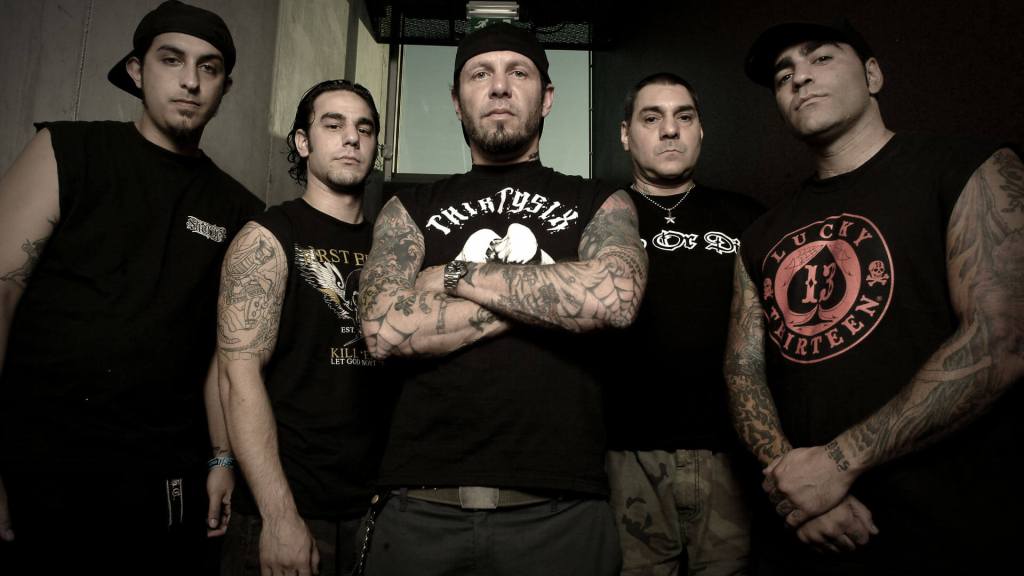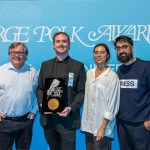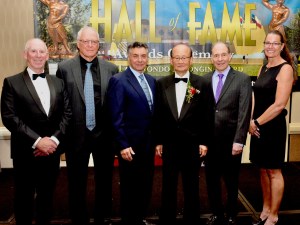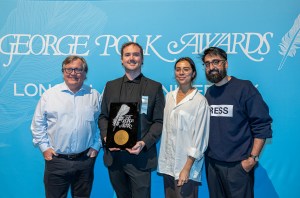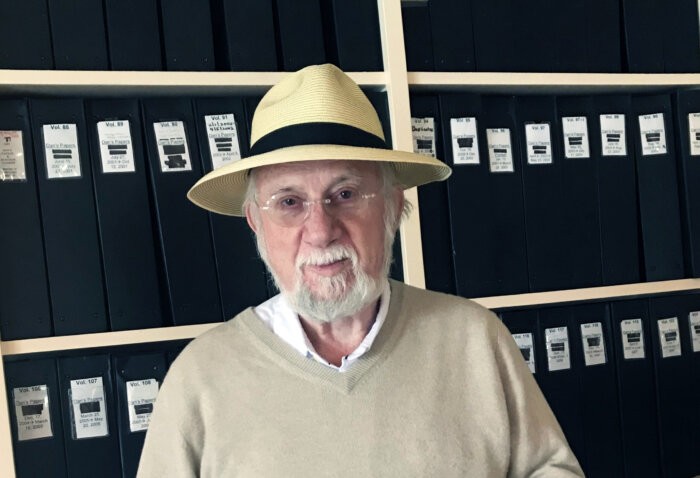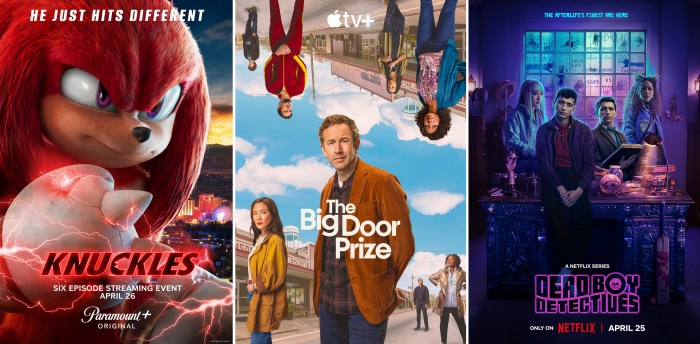 Agnostic Front’s brand of socially and politically charged hardcore has undergone some changes over the years, but 1984’s Victim in Pain stands the test of time as one of the landmarks of hardcore punk. As the years passed, the band’s sound became more metallic, and eventually drifted into crossover, a mixture of thrash metal and hardcore punk.
Agnostic Front’s brand of socially and politically charged hardcore has undergone some changes over the years, but 1984’s Victim in Pain stands the test of time as one of the landmarks of hardcore punk. As the years passed, the band’s sound became more metallic, and eventually drifted into crossover, a mixture of thrash metal and hardcore punk.
If you’re looking for a crash course in New York hardcore, or even the hardcore punk genre at all, you owe it to yourself to see the NYHC legends Thursday at Webster Hall, where the band will play the same exact set from their album Live at CBGB’s, recorded in 1989 at the famous music club. The set list includes songs from the aforementioned Victim in Pain, their original 1983 EP United Blood, their 1986 album Cause for Alarm, and finally, Liberty and Justice for…, their 1987 crossover album.
You’ll also see Madball, fronted by Agnostic Front vocalist Roger Miret’s younger half-brother, Freddy Cricien. Madball is known for their ridiculous song and album titles—1992’s Droppin’ Many Suckers and 1996’s Demonstrating My Style say hello. Well, that’s not entirely fair. They also have a very influential album of their own—their 1994 hit, Set it Off. Not to mention the fact that they, too, have a massive following of dedicated fans. If you’re a fan of one of these bands, it’s likely you’re a fan of the other.
Murphy’s Law and Maximum Penalty will also perform at the event. Murphy’s Law goes all the way back to 1982, and they’re from—you guessed it— New York City. The band plays hardcore punk, but with a comedic, party-focused twist. Throughout their 30 years as a band, they’ve experimented with funk, reggae, ska, and skate punk, and the only thing that has remained constant is their vocalist, Jimmy Gestapo.
Maximum Penalty debuted on the scene with a demo CD in 1989, and are still active today. Taking the NYHC sound and fusing it with metal and hip-hop is possibly the least original thing you could do today, but back in the day, these guys were doing it before anyone else. Chances are, if you’re into Madball, you’ll at least appreciate Maximum Penalty.
With four NYHC staples in one place, if you’ve never experienced a hardcore show then there’s no better way to start. It’s 1989 all over again.
The Press recently caught up with vocalist Roger Miret of Agnostic Front, who talked about everything from the band’s latest vinyl re-issue to their 30th anniversary.
 Long Island Press: What’s it like to be able to play the same set as you did for your CBGB’s live album back in 1989, especially with three other NYHC bands from the ’80s?
Long Island Press: What’s it like to be able to play the same set as you did for your CBGB’s live album back in 1989, especially with three other NYHC bands from the ’80s?
Roger Miret: It’s pretty refreshing to go back and kind of enjoy that era, that time, that period, and play those songs. As time goes on and the band progresses, it feels good to go back and kind of relive it. Every true Agnostic Front fan, that’s one of the number ones in their collection. That’s like, the record that got them into the band. So it’s kind of cool to come back and play that classic set at our 30-year anniversary mark.
LIP: And you’re also re-issuing it on vinyl?
RM: It’s gonna be released [June 23] officially, through Bridge Nine Records, on vinyl only, and it’s gonna be four different color vinyls, which is really cool for the record collector. The actual cover itself, it’s embossed, it’s really cool, it’s a very, very nice package.
LIP: Are there any songs on the latest album that you’re really attached to lyrically?
RM: There’s a lot of songs on that album that I love. My Life My Way is very special to me because it just sums up our life,— the way we came to where we are, and all the steps, we just spill it all out for you. And what’s really cool about the Spanish song, “A Mi Manera,” is that it’s pretty much saying the same thing, my life my way. We’ve gone this way without any interruptions, any type of mainstream record labels or anything. We’ve just kept it all independent, and we kept it genuine, we kept it honest, we kept it true.
LIP: A lot of bands, especially in hardcore, get criticized for their albums sounding exactly the same. But that’s not really the same thing for you guys at all—is switching it up something you think about?
RM: It just comes naturally, we’re a very current band, we tour a lot. We travel with a lot of people, we meet a lot of bands. It’s being a part of the scene as the scene moves in different directions, being there. You know, we can’t sit here and be cocky about it and say, “Oh man, we’ve done it all, we did it all. This is it, or nothing’s it.” That’s a really cocky, negative approach. So it’s just, what it is, man—if it feels 100 percent and genuine to us, then that’s what we’re gonna put out there.
LIP: You guys have always had social and politically conscious lyrics, but is everyone in the band on the same page with that?
RM: Basically, we speak of social oppression and how to overcome oppression. But on a day-to-day basis, we don’t really speak much on social world issues. We touch base here and there, but we definitely speak more of day-to-day issues. I’ve never felt we could change the world, but I felt we could make a difference, and I’ve seen it with my own eyes 30 years later that there has definitely been a difference. I’ve had hundreds of people come up to me and tell me that if it wasn’t for this album, that album, or that album, they wouldn’t have gotten through a certain point in their life in general. So that feels good, to know that.
LIP: Do you think hardcore should stay where it is and keep away from the mainstream?
RM:Well, I feel like it really never had any business in big business at all. It’s more of a one-on-one type of thing. But at the same time, there’s always some mainstream stuff going on. I always look at it this way: if I put on the radio, I’d rather listen to hardcore bands, punk bands, than anything else. You can’t blame a band for success. There’s a lot of great bands that have success and play arenas, but with hardcore, it’s one of those music genres that just doesn’t work. It’s always been ugly and it’s for more of the underground movement.
LIP: A lot of people don’t like those big arenas because they’re not close to the music…
RM:It’s not as personal. We do very big shows here and there. We’re gonna do festivals. There’s gonna be 25, 40 thousand people, but you’re really playing for your core and everybody else is watching. And that’s totally okay because you’re letting people into something that they may have not discovered otherwise. Speaking for most of us, we discovered hardcore by going to a big show and then going down and finding out what bands they like, or vice versa. So I never knock those bands. But I think that hardcore music itself, for the full impact and the full show, the full, true feeling of it, it’s in the club. It’s no barricades. But, you know, sometimes you have to go a little bit out of that circuit just to reach out to that audience and get your message across.
LIP: When you’re talking about New York hardcore, you think of the original bands. What do you think of the new stuff like Backtrack, for instance?
RM: I think they’re great, man. It’s the core of [the hardcore] audience. These new bands have got to start somewhere, just like we did. The longevity of it comes with the passion—what’s in your heart, how you feel about it, being genuine to the people too. And I think Backtrack’s one of those great bands that are doing just that.



